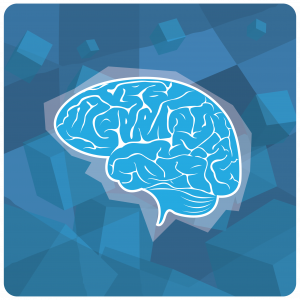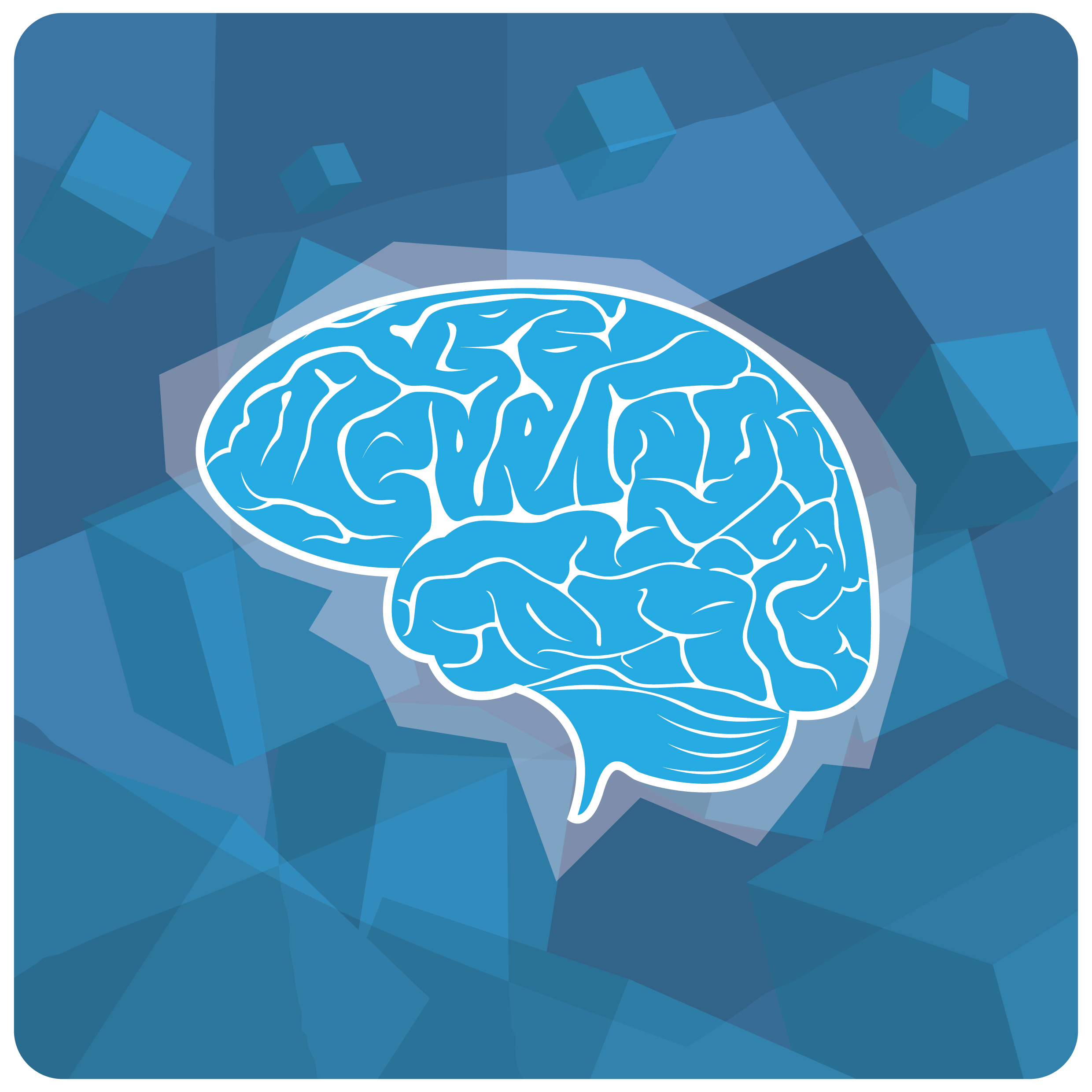
Neuroscience Nurse
Neuroscience Nursing Certification is a specialization for nurses who care for patients with either a neurological illness or head and spine injury. The field of neuroscience is considered one of the most specialized aspects of the medical arena. If you are considering a nursing career as a certified neuroscience registered nurse, then keep reading to find out more.
In the complex and ever-evolving field of healthcare, there are certain specialized roles that play a vital role in ensuring the well-being and recovery of patients. One such crucial role is that of a neurological nurse, also known as a neuro nurse or neuroscience nurse. These dedicated professionals provide specialized care and support to individuals with neurological conditions, making them an indispensable component of the healthcare system.
What Is a Neuroscience Nurse?
The field of neuroscience primarily focuses on the human body’s nervous system. This system includes the spinal cord, the human brain, and also miles of networks of nerve fibers. Furthermore, the human body’s nervous system is one of the most complex systems in the human body. It plays a critical part in every bodily function through its network of neurons, nerve cells, and also fibers. Typically, a nervous system injury can have devastating consequences that leave patients without the ability to talk, walk, have full paralysis, or even close to death.
Neurological nurses possess extensive knowledge and expertise in neurology nursing, which encompasses the assessment, diagnosis, treatment, and ongoing management of patients with neurological disorders. Their primary focus lies in providing comprehensive care to individuals suffering from conditions such as stroke, epilepsy, Parkinson’s disease, multiple sclerosis, traumatic brain injuries, and other disorders affecting the central nervous system.
The responsibilities of a neurological nurse extend beyond administering medications or carrying out routine tasks. They act as advocates for their patients’ needs and work closely with interdisciplinary teams to develop individualized care plans tailored to each patient’s unique requirements. These compassionate professionals offer emotional support not only to patients but also to their families who often face immense challenges while coping with neurological conditions.
Neurological nurses play a crucial role in monitoring patients’ vital signs, assessing their neurological status through various diagnostic tools and tests, administering treatments such as medications or therapies specific to their condition, and educating both patients and their families about self-care techniques for managing symptoms at home.
In addition to direct patient care responsibilities, these dedicated professionals contribute significantly to research efforts aimed at advancing our understanding of various neurological disorders. Their involvement in clinical trials and studies helps pave the way for innovative treatments and interventions that can improve outcomes for individuals living with these complex conditions.
As healthcare continues to evolve alongside advancements in medical technology and research breakthroughs within the field of neurology nursing itself; it becomes increasingly clear that neurological nurses are instrumental in providing high-quality care that is tailored specifically towards addressing the unique needs of individuals with neurological disorders.
What Does a Neuroscience Nurse Do?
A neuroscience nurse helps patients who are suffering from an illness or an injury involving the head and also the spine. Neurological diseases include epilepsy, multiple sclerosis, Parkinson’s Disease, meningitis, and also encephalitis. Other neurological issues can occur from an individual who has had a stroke or also from a congenital disability.
There are numerous sub-specialties and certifications, such as:
stroke certified registered nurse
neuroscience registered nurse cnrn
neurology nurse
Neuroscience is considered one of the most challenging medical specialties. These nursing professionals are trained to work with the complex nervous system using sophisticated, cutting-edge technology in their professional treatment of patients. Neuroscience nursing professionals often participate in diagnostic testing like MRIs or CT scans and are often trained to read and interpret the results of these tests.
Patients with neurological issues can be somewhat challenging. Due to the nature of the condition, many have behaviors that are unpredictable and erratic. For this reason, neuroscience nurse jobs require nursing professionals to have exceptional communication skills and patience. A certified neuroscience nurse generally works with other neuroscience specialists in rehabilitation centers, home care facilities, brain injury units in hospitals, and also in operating rooms.
How to Become a Certified Neuroscience Nurse
The first step in obtaining a neuroscience nurse certification is to earn a Registered Nurse (RN) license. This is achieved by enrolling in a nursing diploma program or academic nursing degree program that leads to either an associate degree or a Bachelor of Science (BS) in Nursing degree (BSN). To become an RN with a nursing license, a nursing candidate must pass the NCLEX-RN exam, also known as the National Council Licensure Examination for Registered Nurses. This grants licensure utilizing the NCLEX exam.
The next step in obtaining a neuroscience certification for nurses would be to become eligible to take the certification exam offered by the American Association of Neuroscience Nurses (ANNN). The American Board of Neuroscience Nursing administers the CNRN exam, while the American Nurses Credentialing Center offers certification as well.
For more in-depth neuroscience nurse education, an MSN program with a neurology or neuroscience specialization will prepare you for clinical practice, research, indirect neuroscience practice, and other forms of neuroscience nursing practice in any clinical setting.
To excel as a neurological nurse, certain skills and qualifications are essential. The field of neuroscience nursing requires a unique set of abilities and knowledge to provide the highest level of care to patients with neurological conditions. Neuro nurses treat patients with specific issues, including neurology patients.
First and foremost, a neuro nurse must possess excellent critical thinking and problem-solving skills. They need to be able to assess complex situations quickly, make sound decisions, and implement appropriate interventions. Neurological conditions often present with diverse symptoms and require careful analysis for accurate diagnosis and treatment.
Furthermore, strong communication skills are crucial for a neuro nurse. They must effectively communicate with patients, their families, and the interdisciplinary healthcare team. Clear communication helps establish trust, facilitate understanding of medical procedures or treatments, and provide emotional support during challenging times.
In terms of educational requirements, aspiring neurological nurses typically need a Bachelor of Science in Nursing (BSN) degree. Some may choose to pursue advanced degrees such as a Master’s or Doctorate in Neuroscience Nursing for specialized roles or research opportunities.
Beyond formal education, qualities such as compassion, empathy, patience, and resilience are invaluable for those working in this field. Dealing with patients who may be experiencing life-altering conditions requires an empathetic approach that fosters trust and understanding.
Neurological nurses must also stay updated on the latest advancements in neuroscience research and treatments. Continuous learning through professional development courses or certifications is essential to ensure they provide evidence-based care that aligns with current best practices.
Excelling as a neurological nurse demands a combination of essential skills like critical thinking and communication abilities along with educational qualifications such as a BSN degree. Additionally, possessing qualities like compassion and staying abreast of advancements in neuroscience contribute significantly to providing exceptional care within this specialized field.
American Association of Neuroscience Nurses
Is there a neuroscience nursing certification that can help improve your chances of landing the right job? The American Association of Neuroscience Nursing is the leading authority in the field of neuroscience nursing and also in the neuroscience certification for nurses. However, to be eligible to sit for the Certified Neuroscience Registered Nurse examination, one must meet the requirements.
- Have two years of full-time RN experience working indirectly or directly with patients in a medical neuroscience setting. This experience must have occurred with the previous five years.
- Examples of direct experience include working with patients.
- Examples of indirect experience include working as a consultant, supervisor, and also a neuroscience researcher.
Neuroscience Nursing Salary Information
The Occupational Outlook Handbook from the Bureau of Labor Statistics (BLS) includes neuroscience nurse salaries in several categories. First, the BLS’s Medical Scientist category includes neuroscience nursing jobs. The average annual salary is $91,510, or $43.99 per hour.
The BLS information on Registered Nurses reports an annual salary of $75,300 which translates to $36.22 per hour. This category is an accurate indicator of the amount one can expect for a neuroscience nursing salary. In addition, many neuroscience nurses choose to become Nurse Practitioners. According to the BLS, Nurse Practitioners have a median salary of $117,670 annually or $56.57 per hour.
Related:






